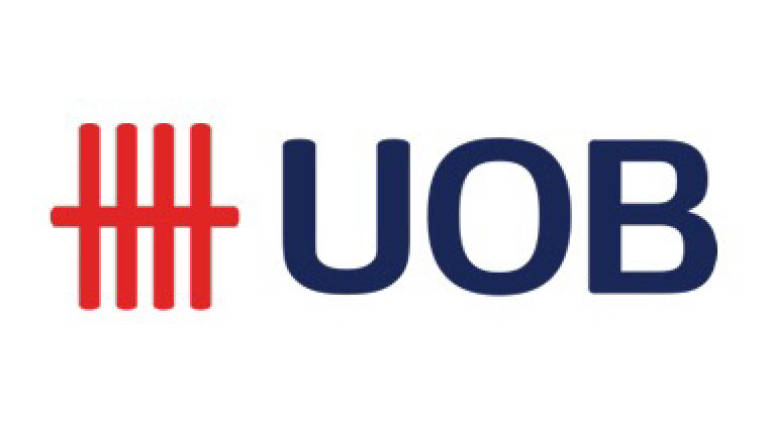Budget 2018 lays foundation for TN50 - UOB

KUALA LUMPUR: The Budget 2018 is nothing short of strengthening the country's fundamentals and laying the foundation for the National Transformation 2050 (TN50), United Overseas Bank (Malaysia) Bhd's Economist, Julia Goh said.
Among others, the budget focused on domestic investments to stimulate growth and ensure continuous infrastructure development, with mega projects like the East Coast Rail Link, Pan Borneo Highway, KL-Singapore High-Speed Rail, upgrading broadband networks, ports, railway lines, and airports.
It is also aimed at attracting investments into new growth areas such as the digital economy, halal industry and medical tourism, she said in a statement here, today.
"Within the services sector, the emphasis is on tourism, logistics and venture capital industries. The budget emphasised high-impact investments into petroleum-related industries, aerospace, rail and robotics.
"It promotes economic growth in the five main corridors, including the Southern Perak Region, Bukit Kayu Hitam Duty-Free Zone (Kedah), Tok Bali Industrial Park (Kelantan), and Baleh Dam (Sarawak).
"Further measures were to strengthen Industry 4.0 and the digital economy, including grants, setting up of the Futurise Centre to develop prototype products and accelerated capital allowance on automation equipment," Goh added.
She said to enable the next generation of innovators and entrepreneurs, education remained a core focus with incentives for Technical and Vocational Education and Training (TVET), promoting disciplines of science, technology, engineering and mathematics.
"A coding programme at schools will be expanded nationwide and the government is also focused on improving proficiency in English.
"Funds were allocated for various cross-skilling, upskilling, reskilling and expert skilling programmes in the budget, alongside measures to empower women to increase the female labor force participation rate,' she added.
Goh said in ensuring sustainable and green development, the budget also focused on promoting renewable energy, recycling and use of energy efficient technology, and funds for flood mitigation.
"On the core economic front, that the government is keeping to its ninth year of fiscal consolidation is commendable. This is largely due to new revenue drivers and by optimising expenditure. The government aims to bring down the fiscal deficit to 2.8% in 2018 from 3% in 2017," she noted.
Malaysia's Gross Domestic Product (GDP) growth is projected to expand by 5.2% to 5.7% in 2017 and 5% to 5.5% in 2018.
"We think there is upside bias to our 2017 GDP forecast of 5.2% and maintain our 2018 forecast of 5%," Goh said.
She based this on the current momentum of growth, alongside higher commodity prices to boost rural income, social assistance and tax cuts to boost disposable incomes of the low and middle-income groups.
It was also measured against the pipeline of infrastructure investments and a potential boost from new technologies and capacity expansions.
Despite the robust growth outlook and elevated inflation, Goh said UOB expects Bank Negara Malaysia (BNM) to keep the Overnight Policy Rate (OPR) unchanged at three percent at the final monetary policy meeting for the year on Nov 9.
"However, to watch is any hint of normalising rates, as growth stays firm. But, given the expansionary budget, BNM may be inclined to raise the policy rate by 25 basis points next year," she added. — Bernama